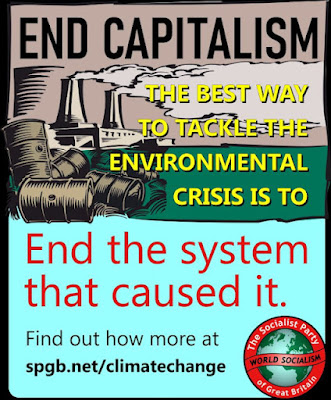The term "carbon bombs", coined by a team of scientists in a study published in May 2021, refers to the largest fossil fuel extraction projects in the world. "These are all coal, oil and gas infrastructures that could emit more than one billion tonnes of CO2 over their lifetime," says Kjell Kühne, the study’s lead author.
Although scientists keep insisting that the planet needs to move away from its dependence on oil, gas and coal to effectively combat climate change and several countries, cities and NGOs calling for a non-proliferation treaty on fossil fuels multinational corporations are planning to open new gas and oil production sites.
Qatar Energy, Gazprom, Saudi Aramco, ExxonMobil, Petrobras, Turkmengaz, TotalEnergies, Chevron and Shell intend projects that alone could put a strain on the effects of global warming.
The US NGO Oil Change International revealed that new fossil fuel projects approved, or in the process of being approved between 2022 and 2025, could lead to 70 billion tonnes of CO2 being emitted into the atmosphere over the course of their operation.
Projects approved in 2022 alone are responsible for 11 billion tonnes of CO2, the equivalent of China's annual emissions.
One of the projects is TotalEnergies’ oil extraction in Uganda, which is due to be operational by 2025. The French company plans to drill 400 wells and export the oil through the huge EACOP pipeline. These two projects combined will be responsible for emitting more than 34 million tonnes of CO2 per year.
According to the latest IPCC report, to prevent global temperatures from rising above the fateful 1.5°C mark, coal consumption must be reduced by 95 percent, oil by 60 percent and gas by 45 percent by 2050, compared to 2019 levels. In 2021, the International Energy Agency called for an immediate halt to investment in new oil and gas facilities.
"Unfortunately, fossil fuels still account for 80 percent of the world's energy mix today. We are not successfully accelerating the energy transition," says Jean-Marie Bréon, a climatologist at the Climate and Environmental Sciences Laboratory. "And every new fossil fuel project takes us further off course and reduces our chances of staying below 1.5°C."
"The climate scientists tell us that we only have three years left to reverse the trend, so we have to act now," says Lucie Pinson, director of the NGO Reclaim Finance and winner of the Goldman Environmental Prize, the so-called Nobel Prize for Ecology. "We know that using all the fossil fuel reserves already in production would take us beyond 1.5°C of warming. Not only must no new gas, oil and coal projects be built, but we must also start phasing out existing sites."
Kühne identified a total of 425 "carbon bombs" in 48 countries -- 195 oil and gas projects and 230 coal mines. The following countries have more than 10: China, Russia, the US, Iran, Saudi Arabia, Australia, India, Qatar, Canada and Iraq.
"They are single-handedly driving us towards climate disaster," he says. "Taken to their logical conclusion, they represent twice our global carbon budget." These include huge coal mining projects in China, oil sands projects in Canada, the Red Hill project in Australia, the Hambach and Garzweiler mines in Germany and the EACOP project in East Africa.
Multinationals opening new gas sites, despite climate change warnings (france24.com)


No comments:
Post a Comment